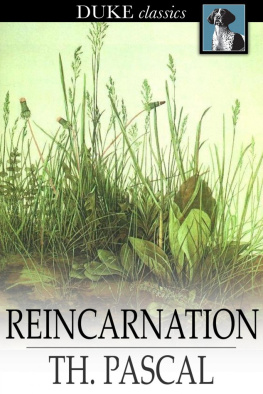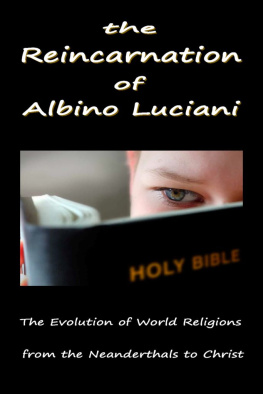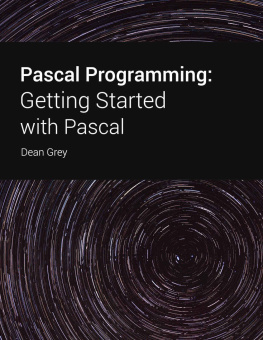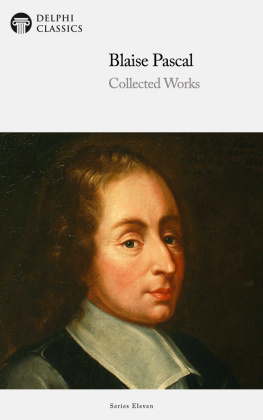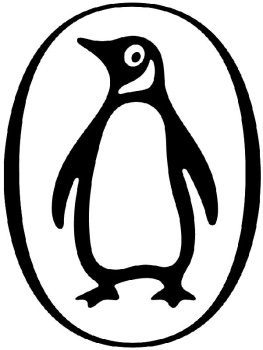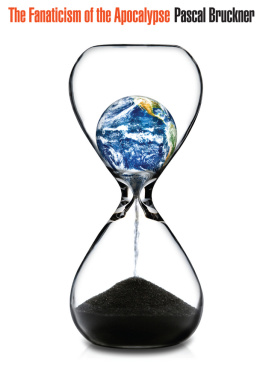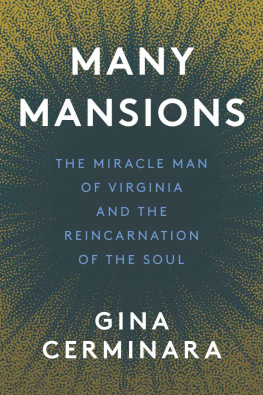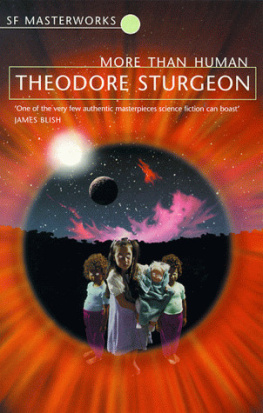REINCARNATION
A STUDY IN HUMAN EVOLUTION
* * *
THEODORE PASCAL
Translated by
FRED ROTHWELL
*
Reincarnation
A Study in Human Evolution
First published in 1910
ISBN 978-1-62012-445-1
Duke Classics
2012 Duke Classics and its licensors. All rights reserved.
While every effort has been used to ensure the accuracy and reliability of the information contained in this edition, Duke Classics does not assume liability or responsibility for any errors or omissions in this book. Duke Classics does not accept responsibility for loss suffered as a result of reliance upon the accuracy or currency of information contained in this book.
Contents
*
*
"Were an Asiatic to ask me for a definition of Europe, I should be forced to answer him:It is that part of the world which is haunted by the incredible delusion that man was created out of nothing, and that his present birth is his first entrance into life."SCHOPENHAUER.
(Parerga and Paralipomena, Vol. 2, Chap. 15)
Sketch of the Author's Life
*
Thophile Pascal was born on the 11th of May, 1860, at Villecroze, avillage in the South of France. His childhood was spent amid thepleasant surroundings of a country life. Shortly after his sixteenthbirthday, a relative of his, a Catholic priest ministering in Toulon,seeing that the youth showed considerable ability, sent for him andpresided over his studies in this large maritime centre. Before manyyears elapsed, he entered the Naval Medical School of the town, whichhe left at the age of twenty-two, with first-class honours. In hisprofessional capacity, he took several trips on vessels belonging tothe Mediterranean squadron. Four years afterwards he married, resignedactive naval service, and devoted himself to building up a practice onland, becoming a homoeopathic physician in the great seaport itself.It was about this time that the young doctor became interested inTheosophy, owing to the kindly services of a former patient,Commander Courmes. The closest friendship and sympathetic interest intheosophic thought thus began, and continued during their commonlabours subsequently in Paris, Dr. Pascal entered the TheosophicalSociety in 1891, and during the course of the following year wrote aseries of articles for the Revue Thosophique Franaise. These werecontinued year after year, and dealt with the most varied subjects:Psychic Powers; The Fall of the Angels; Kma-Manasic Elementals;Thought Forms; Christianity, Prehistoric Races, and many others.
The young doctor had previously made a deep study of human magnetism,which proved a most fertile ground for the sowing of the seed of theAncient Wisdom.
In 1898 attacks of serious nervous depression became frequent, forcinghim to cease work of every kind. Mrs. Besant persuaded him toaccompany her to India, where his general health was graduallyrestored, and he was enabled to return to France in the followingyear.
He decided to leave Toulon, where he had built up a considerablepractice, and to settle in Paris, hoping to provide for the needs ofhimself and his familyhis wife and only daughterby the exercise ofhis profession, and at the same time to fight the good fight forTheosophy in the capital itself.
The French Section of the Theosophical Society was founded in 1900,and Dr. Pascal was elected General Secretary. Throughout the next twoyears a number of thoughtful articles and publications appeared fromhis pen. The incessant labour and attention, however, which hebestowed on the spreading of theosophic instruction began to have itseffect on a naturally delicate constitution, and in July, 1902, whenattending the meetings of the British Convention in London, he wasprostrated by an attack of congestion of the brain. The most devotedcare was lavished on him, both in London and in Paris, the resultbeing that a rapid, though only temporary, recovery took place. Had herelaxed his efforts somewhat, the cure might have been a permanentone, but Dr. Pascal, with the penetrating vision of the mystic, sawhow pressing were the needs of the age, and how few the pioneers ofthis new presentation of the Truth, so that, at whatever cost ofpersonal sacrifice, he plunged once more into the midst of his arduoustoil.
In 1903 a series of very fine articles on the Laws of Destiny appearedin the Revue Thosophique, to be followed immediately by publicationin volume form. Two years afterwards appeared the presentvolumeREINCARNATION: A STUDY IN HUMAN EVOLUTION; a work consideredthe most complete of any that have so far appeared in France on thissubject, and the most popular of Dr. Pascal's publications.
In 1906 some of the nerve centres controlling the organs of speechbecame affected, but not sufficiently to compel him to remain absentfrom the International Theosophical Congress held that year in Parisunder the presidency of Colonel Olcott. It was on this occasion thatDr. Pascal received from the hands of the President-Founder the SubbaRao medal, awarded to members of the society whose literary labours inthe promulgation of the truths of Theosophy have proved eminentlyuseful.
Twelve months afterwards he attended the Congress at Munich, under thepresidency of Mrs. Besant, but was obliged to leave before thetermination of the meetings. This may be regarded as Dr. Pascal's lastpublic appearance as an active theosophist, for his subsequentprolonged stay in the South of France effected no radical improvementin the state of his health.
Returning to Paris in March, 1908, and realising how impossible it wasfor him to fulfil the duties incumbent on a General Secretary, hedecided to resign his post. His colleagues, however, insisted on hiscontinuing as Honorary General Secretary. From this time onward hishealth became gradually worse, and his physical life terminated on the18th of April, 1909, his body being cremated three days afterwards atthe Cemetery of Pre Lachaise.
What was most striking about Dr. Pascal, in both public and privatelife, was his intense earnestnessthe index of a well-grounded habitof concentrationand the calm strength of his convictions. It wasimpossible to be in his presence for any length of time withoutfeeling the power that emanated from him, and recognising that herewas a mighty soul struggling for expression.
Other characteristics were his extreme modesty, and his continualendeavour to accord praise and merit to those working for the cause sodear to his own heart. When questioned on many of the intricate pointsraised in a lecture or in conversation on some abstruse theosophicalsubject, he made no pretence at knowledge he did not possess; on suchoccasions his confession of ignorance would be charming, even touchingin its navet.
But the qualities he seemed to feel it his special object to awaken inthe minds of othersas will be acknowledged, I think, by those whoknew him bestmay be inferred from his continual insistence on thedouble duty, incumbent on students of Theosophy, of practising on alloccasions the utmost tolerance, refusing not only to condemn but evento judge harshly the opinions or actions of others, and of seizingevery opportunity to help another because of the recognition of theOne Life throughout the world, May we who read the following pagescatch somewhat of the deep earnestness and enthusiastic spiritbreathing through them, and may the joy of service dissipate allmeaner, motives, taking as our watchword also the only key to truegrowth, the very heart of altruism, that exhortation he never weariedof repeating:

